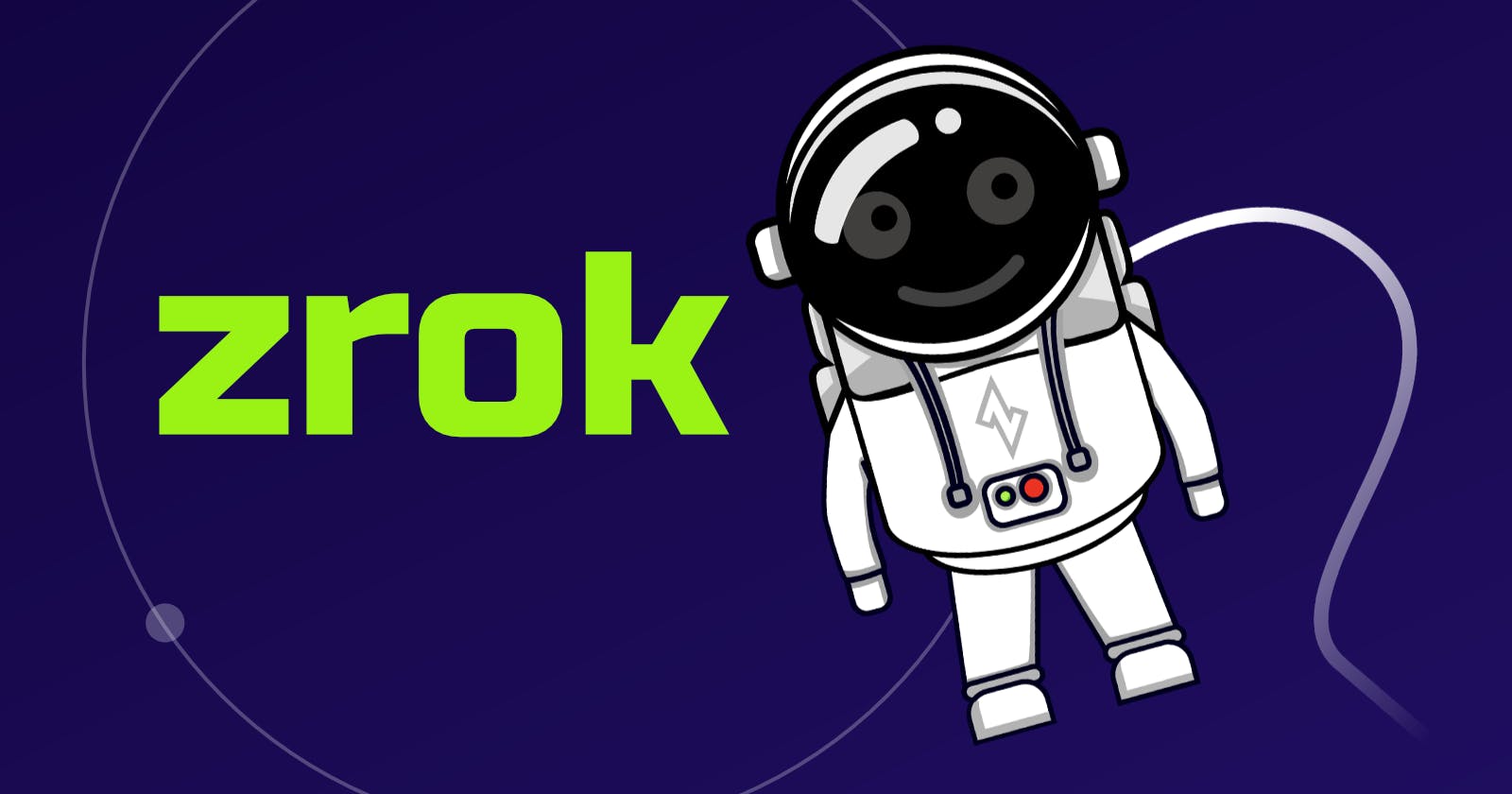The zrok OAuth Public Frontend
Now you can choose to authenticate your public zrok shares using Google or GitHub.
With the v0.4.7 release we now support authenticating users of your public zrok shares using either Google or GitHub. This new authentication capability is in addition to the basic HTTP authentication functionality that was available in previous releases.
Here's an overview of where this new capability fits into the zrok architecture:

The golden-colored boxes represent the frontend components where these new capabilities are implemented. This new authentication feature is primarily focused on authenticating anonymous users from the internet, requiring that they authenticate with Google or GitHub and potentially limiting allowed users to specific email address domains.
Future releases will incorporate other identity providers and potentially the ability to extend zrok to incorporate non-stock identity providers. These authentication features will grow to provide richer facilities for controlling which users are allowed to access your public resources.
OAuth authentication for private shares will be addressed through another mechanism, in an upcoming release.
Using OAuth with Public Shares
The zrok share public command now includes new flags, which allow you to specify that the share should require OAuth authentication:
$ zrok share public
Error: accepts 1 arg(s), received 0
Usage:
zrok share public <target> [flags]
Flags:
-b, --backend-mode string The backend mode {proxy, web, caddy} (default "proxy")
--basic-auth stringArray Basic authentication users (<username:password>,...)
--frontends stringArray Selected frontends to use for the share (default [public])
--headless Disable TUI and run headless
-h, --help help for public
--insecure Enable insecure TLS certificate validation for <target>
--oauth-check-interval duration Maximum lifetime for OAuth authentication; reauthenticate after expiry (default 3h0m0s)
--oauth-email-domains stringArray Allow only these email domains to authenticate via OAuth
--oauth-provider string Enable OAuth provider [google, github]
Global Flags:
-p, --panic Panic instead of showing pretty errors
-v, --verbose Enable verbose logging
The --oauth-provider flag enables OAuth for the share using the specified provider. In version v0.4.7 we currently support google and github for authentication. Future releases will incorporate additional providers and capabilities.
The --oauth-email-domains flag accepts a comma-separated list of authenticated email address domains that are allowed to access the share.
The --oauth-check-interval flag specifies how frequently the authentication must be checked and potentially re-authenticated.
Given this, the following command will create a public share using the web backend mode, and require that the user authenticate with a GitHub account that has an email address within the zrok.io domain:
$ zrok share public --backend-mode web --oauth-provider github --oauth-email-domains zrok.io ~/public
Requiring OAuth authentication for a public zrok share can be as simple as adding --oauth-provider to your zrok share public command line.
Self-hosting the OAuth Frontend
There is a complete guide to setting up the OAuth frontend available in the self-hosting section of the documentation.
The most recent zrok Office Hours video includes a full tour through setting up the OAuth public frontend in a local development environment. This should also provide the details needed to set this up in a self-hosted environment.
As always, reach out to us through the Discourse forum or GitHub!
And we always appreciate a star on the zrok Repository!

